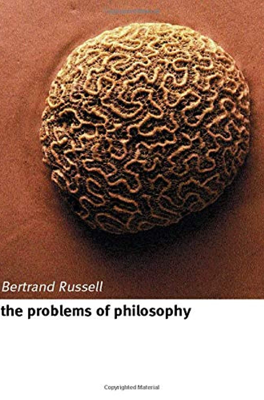How a Priori Knowledge Is Possible
Immanuel Kant’s Contributions to A Priori Knowledge
Immanuel Kant, considered a pivotal figure in modern philosophy, introduced the concept of "critical" philosophy. He acknowledged the existence of a priori knowledge that is not purely analytical. Analytical judgments are those that do not add anything new beyond what is contained within the subject itself. However, Kant argued that there are synthetic a priori judgments, such as in mathematics and logic, where the predicates are not inherently contained in the subjects.
Hume's Influence and Kant's Response
Kant was motivated to respond to the skepticism of philosopher David Hume, who challenged the notion that knowledge of cause and effect could be a priori. Hume argued that such knowledge is synthetic, not analytic, and thus can't be known a priori. Kant agreed that arithmetic and geometric propositions are synthetic a priori, meaning they are formed independently of experience yet provide necessary truths.
The Central Question of Pure Mathematics
Kant shifted the discourse by asking how pure mathematics is possible if its knowledge is synthetic and a priori. Traditional empiricism, which suggested that our knowledge of mathematics comes from specific instances, seemed inadequate to Kant because it couldn’t explain the universality and necessity inherent in mathematical knowledge.
Kant’s Answer: Categories of Understanding
Kant proposed that both the content of experience (sensations like color and hardness) and the structure we perceive (in space and time, etc.) are due to an interplay between the external world and our perception. He suggested that the form of our experience (space, time, causality) is dictated by inherent features of our minds, which he called categories of understanding. This inherent structuring ensures that any experience we might have will conform to these categories, thereby making a priori knowledge possible.
Limitations and Criticisms of Kant’s Theory
While Kant’s approach explains the conformity of experiences to our a priori knowledge, it also suggests that if our mental faculties were different, what we know about math and logic might not hold. This potential variability threatens the certainty and universality that a priori knowledge is supposed to provide. Furthermore, Kant’s conclusion that a priori knowledge only applies within the confines of possible experience restricts its scope, which might not include all that we mean when we say, for instance, that two and two make four.
Kant also posited that while the phenomena (the world as experienced) could be known, the noumena (the things-in-themselves) remain unknowable. This separation has led to debates on whether and how much we can truly know about the world independent of our perceptions.
The Broader Philosophical Impacts
Kant’s work laid a foundation for understanding how a priori knowledge is possible and continues to influence both rationalist and empiricist approaches in philosophy. His theory stimulates ongoing discussions about the intersection of experience, the structuring role of the mind, and the nature of knowledge itself. Whether his solutions are satisfactory remains a significant point of philosophical inquiry.
